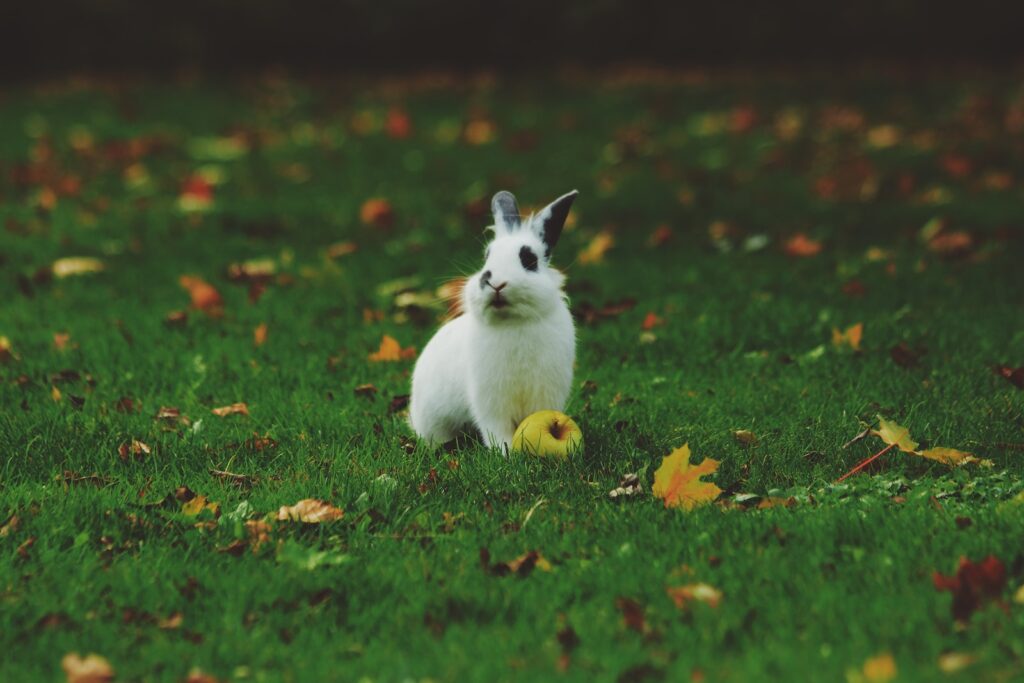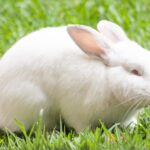Can Rabbits Eat Biscuits? Unveiling the Truth Behind This Tempting Delight
Have you ever wondered whether it’s safe for your beloved rabbits to indulge in biscuits? As much as we enjoy these crispy treats, it’s crucial to understand that they are not suitable for our furry friends. Biscuits, although seemingly harmless, can pose significant health risks to rabbits due to their specific dietary requirements.
The Dangers of Biscuits for Rabbits: Unleashing the Hidden Hazards
While biscuits may be a delectable snack for humans, they can be detrimental to the health of rabbits. Rabbits have a unique digestive system that requires a high-fiber diet consisting mainly of hay, fresh vegetables, and a limited amount of pellets. Biscuits, on the other hand, are typically high in sugar, fat, and carbohydrates, which can disturb the delicate balance of a rabbit’s digestive system.
Consuming biscuits can lead to various health concerns for rabbits. The high sugar content can contribute to weight gain and obesity, which can subsequently lead to more severe issues such as diabetes, heart problems, and arthritis. Additionally, the excess carbohydrates in biscuits can disrupt the natural fermentation process in a rabbit’s cecum, leading to digestive disturbances, such as diarrhea, bloating, and gastrointestinal stasis. These conditions can be extremely painful and even life-threatening for our furry companions.
Potential Symptoms or Reactions: How Biscuits Impact Your Rabbit’s Well-being
If your rabbit consumes biscuits, you may notice certain symptoms or reactions that can indicate their discomfort and compromised well-being. These may include digestive issues like diarrhea or constipation, decreased appetite, lethargy, abnormal stool consistency, and potentially, an increased risk of dental problems.
Rabbits have delicate teeth that require constant chewing on fibrous foods to maintain proper dental health. Biscuits, lacking the necessary fiber and tough consistency, fail to provide the essential dental wear and can lead to overgrown teeth and potential dental pain.
Safe and Healthy Alternatives: Treating Your Rabbit Right
Instead of offering biscuits to your rabbit, there are several safer and healthier alternatives that can satisfy their cravings without compromising their well-being. Opt for treats specifically designed for rabbits, such as hay-based or vegetable-based treats. These options provide the essential fiber while still offering a tasty reward. Additionally, fresh fruits and vegetables, given in moderation, can also serve as a delightful treat for your bunny.
However, it’s vital to remember that any new treats should be introduced gradually and in small quantities to avoid digestive disturbances. Always monitor your rabbit’s reaction to these alternative treats and consult with a veterinarian for specific dietary recommendations based on your rabbit’s individual needs.
Preventing Access to Biscuits: Safety First for Our Furry Friends
As responsible pet owners, it’s our duty to ensure that biscuits and other unsuitable foods are kept out of reach from our curious and mischievous rabbits. Store biscuits and similar snacks in secure containers or cabinets that cannot be accessed by your furry friend. It’s also essential to educate family members, especially children, about the harm these foods can cause to rabbits and the importance of following a proper diet plan.
Regularly inspect their living area, including the garden or play area, to ensure there are no misplaced or dropped biscuits that your rabbit could stumble upon. By implementing these preventive measures, we can safeguard our rabbits’ health and well-being.
Conclusion
In conclusion, while biscuits may satisfy our own taste buds, they are not suitable for rabbits. These treats can lead to various health risks and complications due to rabbits’ specific dietary requirements. Opt for safer alternatives, such as hay-based treats or fresh fruits and vegetables, and always prioritize the well-being of your furry friends. By understanding and respecting their dietary needs, we can ensure that our rabbits live happy and healthy lives.






